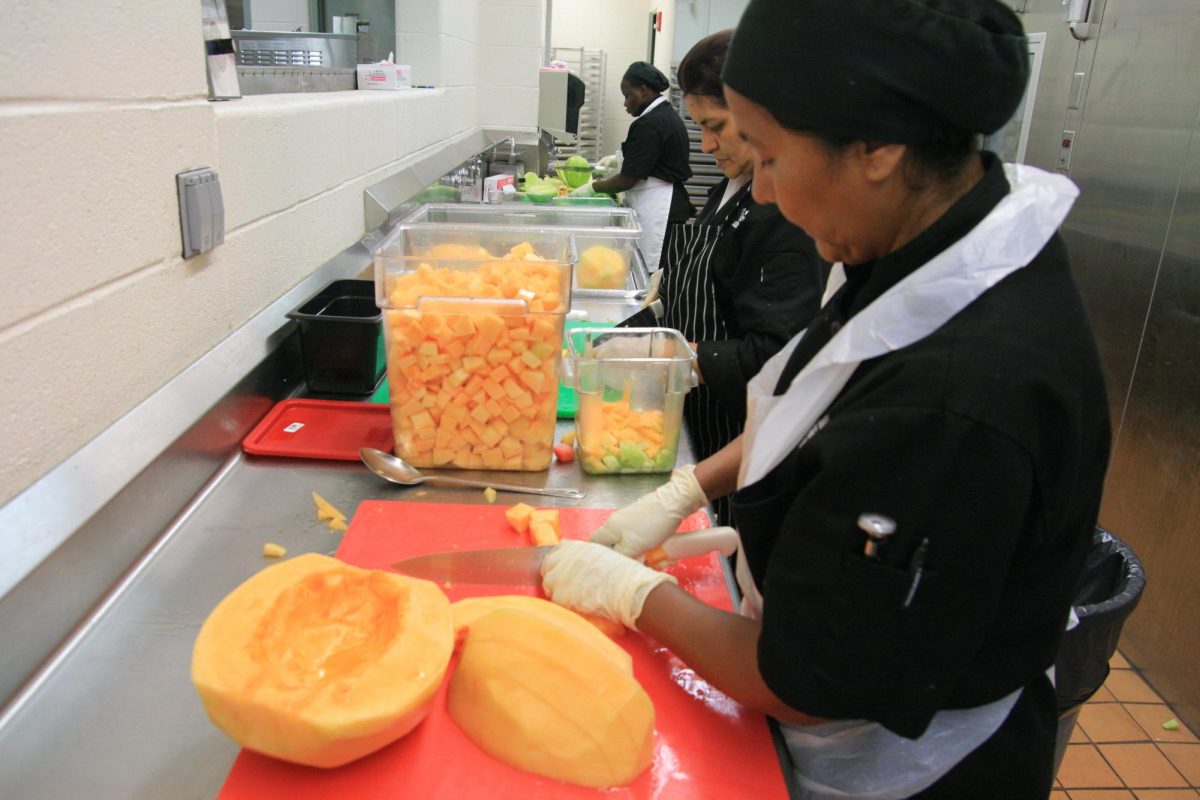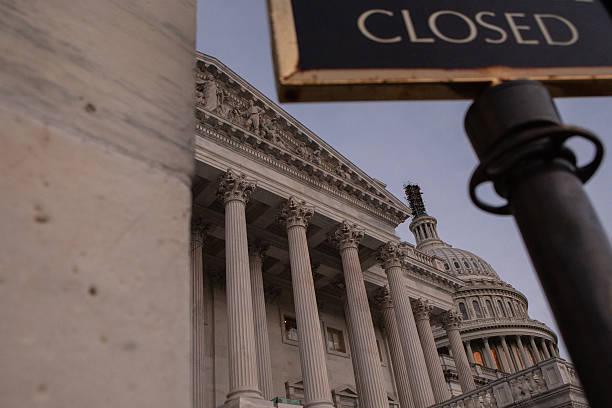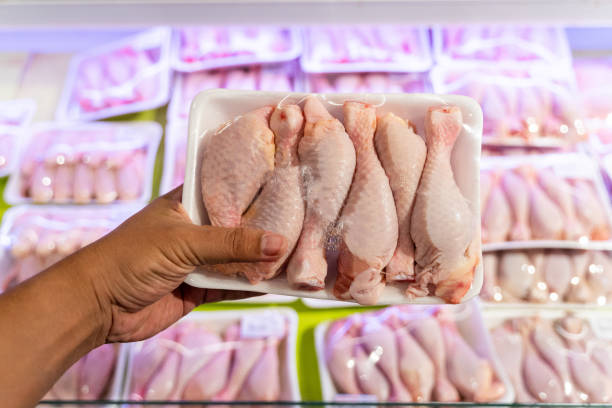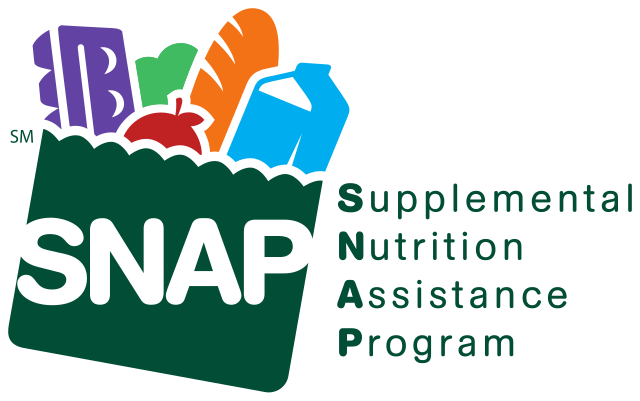Governor Katie Hobbs signed House Bill 2164, now officially called the Arizona Healthy Schools Act. It bans 11 synthetic food additives from public school meals and vending machines, specifically in schools participating in national lunch or breakfast programs. The same rule applies to any third-party vendors operating on any Arizona Public school campus. Districts have until the start of the 2026-2027 school year to comply.
School Districts will have to remove a list of additives commonly found in brightly colored drinks and snacks. These include potassium bromate, propylparaben, titanium dioxide, brominated vegetable oil, and synthetic dyes like Yellow 5 and 6, Blue 1 and 2, Green 3, and Red 3 and 40. Schools will not be allowed to serve food with these ingredients.
So why take this step? Lawmakers are pointing to Arizona’s Child obesity rate. Roughly 17% of students are considered obese, which many see as a wake-up call. There is also concern over how certain food dyes might affect behavior in children. Studies show a real but small effect that is most noticeable in kids with sensitivities. The European Union requires warning labels on products with these dyes, and states like California and West Virginia have already enacted partial bans.
Not everyone is against the move. Sarah Cohen, who oversees nutrition programs at the Community Food Bank of Southern Arizona, praised the law, “as long as it doesn’t raise food costs for families who rely on school meals.” She hopes it nudges schools toward more whole grains, fresh products, and natural food colorings. “We don’t need our food to be vibrantly colored through artificial means,” she added.
The Arizona Department of Education plans to release a short certification form that schools must file once their menus are updated. A public online dashboard will show which school districts and schools are in compliance.
That said, not every school district has money lying around to make this happen. Ricky Hermandez, the CFO for the Tucson Unified School District, said in an interview that they may need to dip into existing resources to maintain food quality. Under the community eligibility provision, Tucson Unified School District offers free breakfast and lunch to all students but is reimbursed only for meals consumed. “We need our kids to eat for us to get paid,” he said. If healthier ingredients reduce variety or appeal, it could mean fewer meals served and less funding. He added that reimbursement rates per meal are under $5, which must cover staffing, ingredients, and delivery, leaving little room for cleaner, less processed ingredients that drive up costs.
Arizona has made history as it is the first state to ban all 11 of these additives in one shot. California and West Virginia banned four in 2023, which enacted a broader ban in 2025 that bans synthetic dyes and preservatives like BHA and Propylparaben.

















